Top Whole Foods for a Clean Eating Lifestyle
In an era where processed foods dominate store shelves and fast food options lurk at every corner, the clean eating lifestyle offers a refreshing return to basics. Clean eating emphasizes consuming whole, natural foods that are as close to their original form as possible. This approach not only enhances physical health but also supports mental well-being and environmental sustainability. This article delves into the top whole foods that are essential for anyone looking to embrace a clean eating lifestyle.
Fruits and Vegetables: The Cornerstones of Clean Eating
Whole fruits and vegetables are the bedrock of any clean eating plan. They are packed with essential vitamins, minerals, antioxidants, and fiber that are crucial for maintaining optimal health. Including a wide variety of colorful fruits and vegetables ensures you get a broad spectrum of nutrients.
Leafy Greens
Leafy greens such as spinach, kale, and Swiss chard are rich in vitamins A, C, and K, as well as minerals like calcium and iron. They also contain antioxidants that protect against cellular damage. These versatile greens can be added to smoothies, salads, or sautéed as a side dish.
Berries
Berries like blueberries, strawberries, and raspberries are not only delicious but also loaded with antioxidants, vitamin C, and fiber. They are known for their anti-inflammatory properties and can be enjoyed fresh, in smoothies, or as a topping for yogurt or oatmeal.
Cruciferous Vegetables
Cruciferous vegetables such as broccoli, cauliflower, and Brussels sprouts are high in fiber and contain phytonutrients that may help reduce the risk of cancer. Incorporate them into your meals by roasting, steaming, or stir-frying for a nutritious boost.
Whole Grains: The Foundation of Sustained Energy
Whole grains are integral to a clean eating lifestyle due to their rich content of fiber, vitamins, and minerals. Unlike refined grains, whole grains retain all parts of the grain kernel, providing sustained energy and promoting digestive health.
Quinoa
Quinoa is a gluten-free grain that is high in protein and contains all nine essential amino acids. It is also a great source of magnesium, iron, and fiber. Use quinoa as a base for salads, bowls, or as a side dish to complement any meal.
Brown Rice
Brown rice is a whole grain that is minimally processed, retaining its bran and germ. It is a good source of manganese, selenium, and magnesium. Enjoy it as a side dish, in stir-fries, or as a base for grain bowls.
Oats
Oats are a whole grain that is particularly high in soluble fiber, which can help reduce cholesterol levels. They are also rich in vitamins and minerals such as manganese and phosphorus. Start your day with a bowl of oatmeal or add oats to smoothies and baked goods.
Lean Proteins: Building Blocks for a Healthy Body
Protein is essential for building and repairing tissues, and it plays a crucial role in the production of enzymes and hormones. Lean proteins provide these benefits without the added saturated fats found in many processed meats.
Chicken Breast
Chicken breast is a lean source of protein that is low in fat and high in essential nutrients such as niacin and vitamin B6. It is versatile and can be grilled, baked, or sautéed to suit a variety of dishes.
Fish
Fish, particularly fatty fish like salmon and mackerel, are excellent sources of omega-3 fatty acids, which are beneficial for heart health. They are also high in protein and provide essential nutrients like vitamin D and selenium. Aim to include fish in your diet at least twice a week.
Legumes
Legumes, including lentils, chickpeas, and black beans, are plant-based sources of protein that are high in fiber and essential nutrients like folate and iron. They are a great option for vegetarians and can be used in soups, salads, and stews.
Nuts and Seeds: Nutrient-Dense Powerhouses
Nuts and seeds are small but mighty, packing a punch of nutrients and healthy fats. They are excellent additions to a clean eating lifestyle, providing energy and satiety.
Almonds
Almonds are rich in healthy monounsaturated fats, vitamin E, and magnesium. They make a convenient snack and can be added to salads, oatmeal, or yogurt for a nutritious crunch.
Chia Seeds
Chia seeds are tiny but packed with omega-3 fatty acids, fiber, and protein. They are also a good source of calcium and antioxidants. Add chia seeds to smoothies, yogurt, or make chia pudding for a healthy treat.
Flaxseeds
Flaxseeds are an excellent source of omega-3 fatty acids, lignans, and fiber. They can be ground and added to smoothies, cereals, or baked goods to boost nutritional content.
Dairy and Dairy Alternatives: Calcium-Rich Options
Dairy products and their alternatives provide essential nutrients like calcium, vitamin D, and protein, which are important for bone health and overall well-being.
Greek Yogurt
Greek yogurt is a thick, creamy dairy product that is high in protein and probiotics, which support digestive health. Enjoy it as a snack, in smoothies, or as a base for dressings and dips.
Almond Milk
Almond milk is a popular dairy alternative that is low in calories and enriched with calcium and vitamin D. Use it in smoothies, cereals, and baking as a substitute for cow’s milk.
Cheese
Cheese, in moderation, can be part of a clean eating lifestyle. Opt for varieties like feta or mozzarella, which are lower in fat, and enjoy them in salads, on whole-grain crackers, or as a topping for dishes.
Conclusion
Embracing a clean eating lifestyle involves making mindful choices that prioritize whole, unprocessed foods. By incorporating a variety of fruits, vegetables, whole grains, lean proteins, nuts, seeds, and dairy or dairy alternatives, you can create a balanced and nutritious diet that supports overall health and well-being. Remember, clean eating is not about perfection but about making healthier choices that nourish your body and mind.

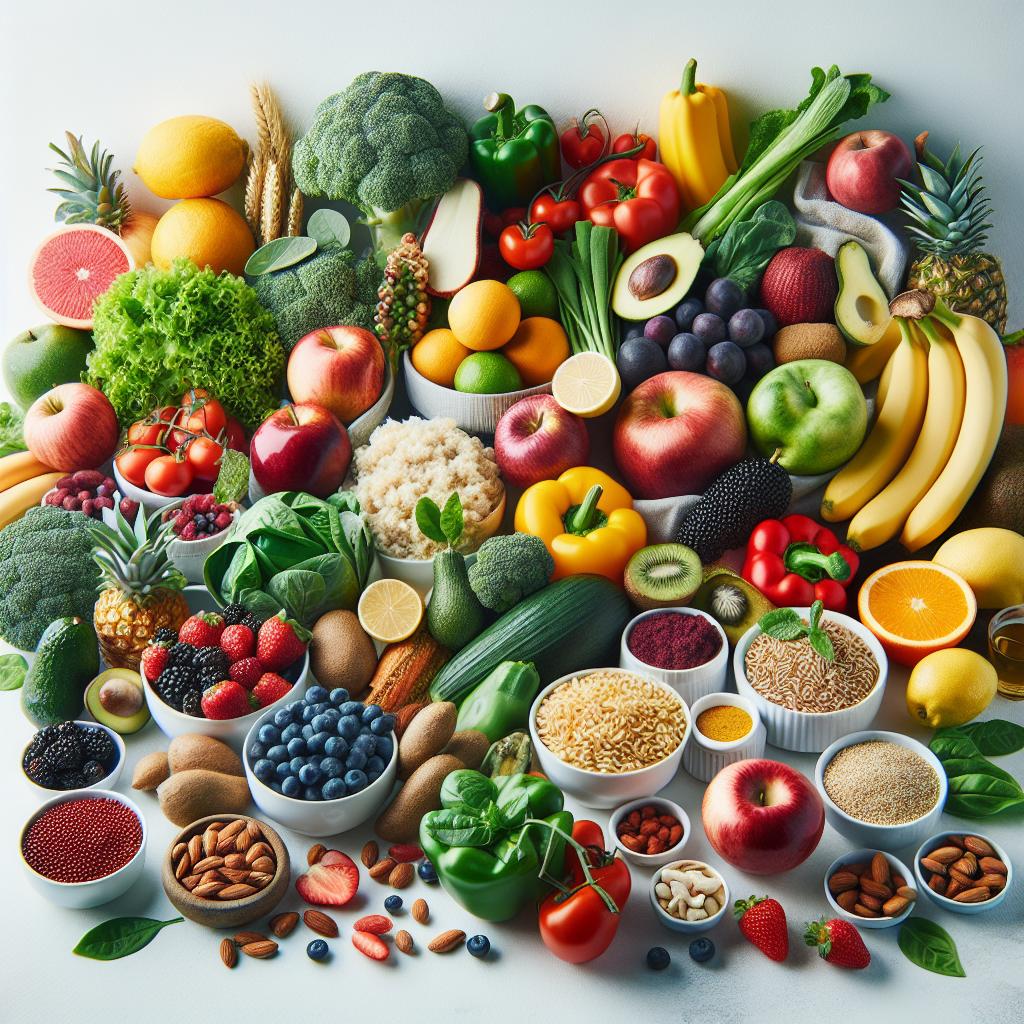


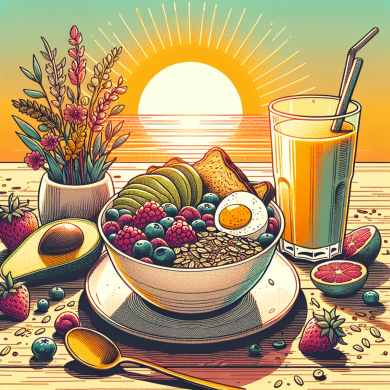
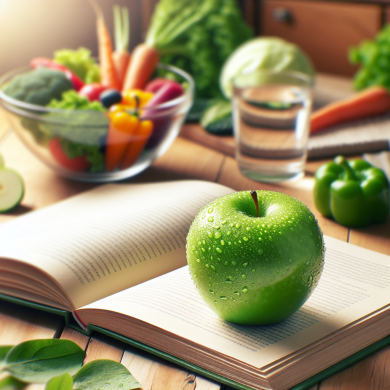
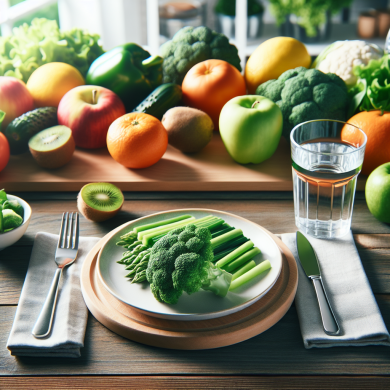
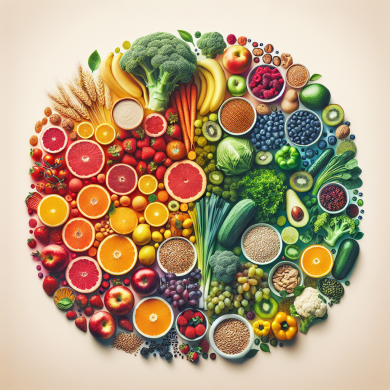
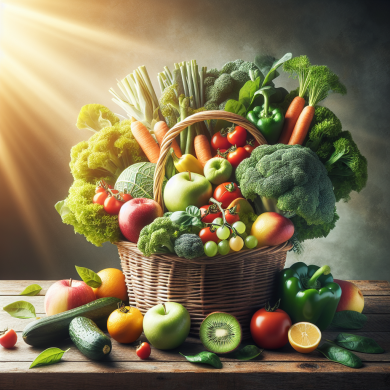
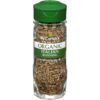



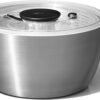

Add comment